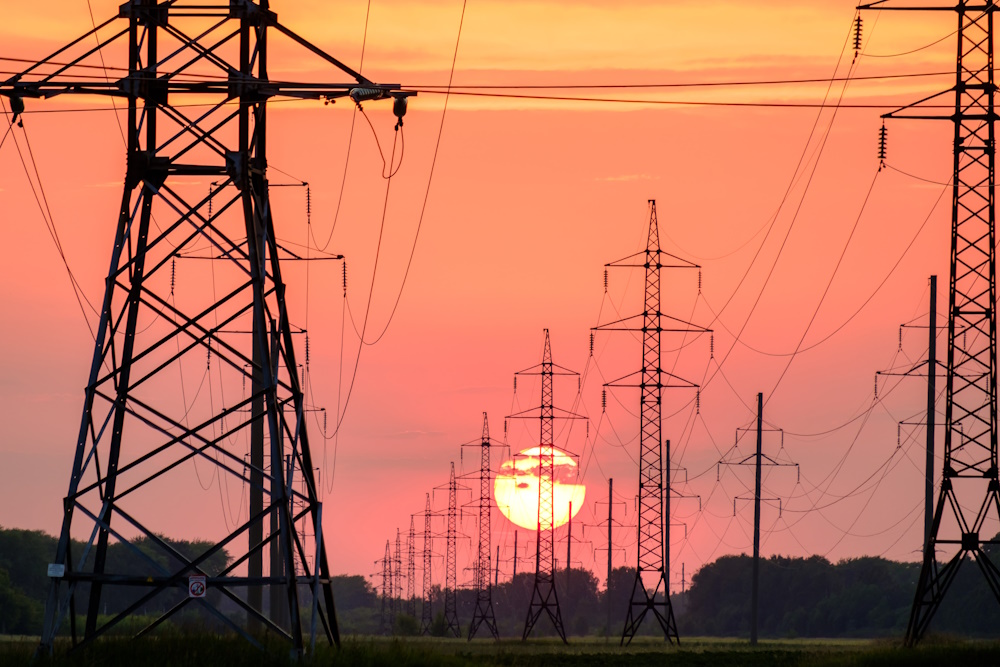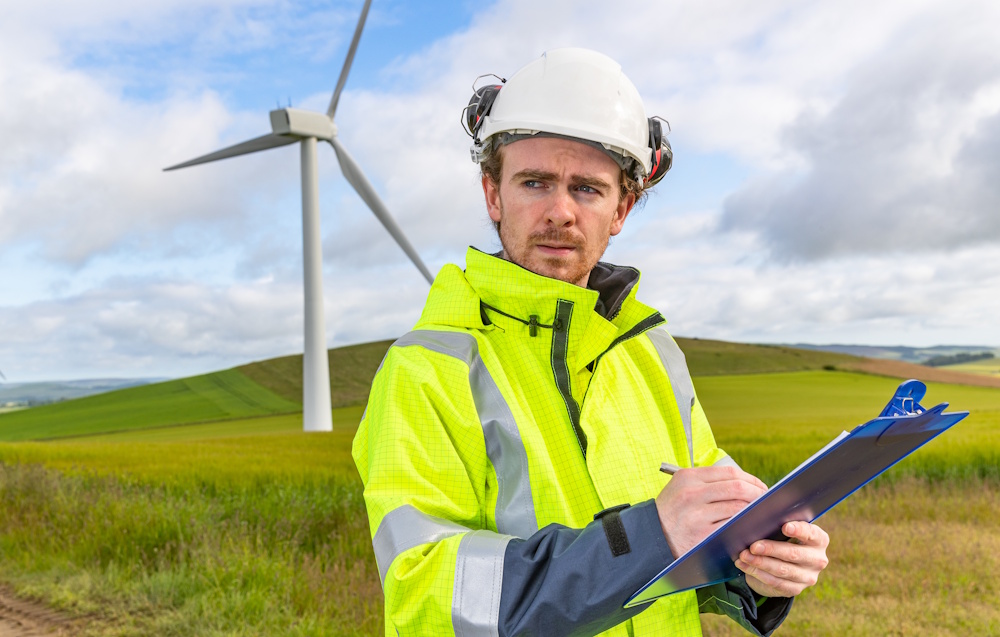Article
It’s Time For The Mainstream Battery Conversation To Go Beyond EV’s

The battery sector is growing up fast – and is essential for future decarbonisation. Is it ready for the spotlight?
Grid-scale batteries are about to become an essential part of our national infrastructure, and – like many other cleantech sectors – the industry is doing so at the same time as speedrunning challenges that other sectors have been struggling with for decades. Developers, technology suppliers and operators are grappling with rapid digitalisation, a skills transformation, and growing demands for transparency and accountability – simultaneously deploying at breakneck speed to meet the needs of the grid.
This is why it’s going to be more important than ever for battery businesses to think about how they communicate and define their brands, and tell the story of how they are managing these challenges – or risk becoming commoditised.
How batteries are essential future infrastructure
The sense of a sector maturing quickly underpinned most of the sessions at Aurora’s recent Battery Conference. Coming soon after the Net Zero Festival, where the mood was decidedly more embattled (yet optimistic) it was a reassuring change to encounter a UK cleantech success story. One of the most striking takeaways for me was to see how many attendees had come from around Europe to learn lessons from the UK, whose grid is one of the most in the world when it comes to battery integration.
Indeed, one of the risks that attendees were most worried about was the growth of the sector itself – excess capacity of batteries that risked saturating the market. Since the last conference was held in 2019, battery capacity in Europe has increased sevenfold, and shows little sign of slowing down.
This reflects the reality that all pathways towards grid decarbonisation involve batteries. ‘Electrify everything possible’ is a major part of reducing emissions – and so having the infrastructure to move and store electrons wherever they are needed is non-negotiable.
As Aurora’s research demonstrated, batteries can counteract some of the biggest risks to the future of the UK grid – for example, if nuclear buildout or grid connections are delayed. As former MP and Green Alliance Chair Laura Sandys pointed out, renewables supply, and customer demand, are both dependent on the weather, which rudely has no respect for price, supply and demand – so batteries play a vital role in any future grid to ensure reliability and balance throughout the system.
Batteries leave the start-up phase
Given this meteoric rise, and absolutely essential function in the grid, the battery sector is having to grow up fast. In a discussion on grid digitalisation, Ralph Jones of Habitat Energy outlined that the industry is coming out of what he called its ‘start-up phase.’ In terms of its digital infrastructure – and the information it shares with the grid – the battery sector needs to start acting as a stable, scalable platform, so workarounds and hacks are becoming less viable. Combined with the fact that any audit trail for CO2 data will need to come from the grid, this means that the battery sector (and the grid overall) will need to rapidly evolve its approach to digitalisation. This will require new skills, more collaboration, and the ability to mix algorithmic prediction with human experience and knowledge of real-life patterns of energy use.
As it matures, the long term future of the sector is also coming under scrutiny. Investors and other stakeholders are looking for data and predictions on asset health and performance, despite the fact that given the relative youth of the sector, we can’t rely on past experience to predict this.
More than Musk
In coming out of ‘start-up mode’, communications will be an essential skill for the sector to master. One of my favourite quotes about PR is ‘the greatest misconception about communications is that it happens.’ The battery sector has to be one of the most impactful and fast-growing cleantech sectors in the country right now – and the country’s net zero goals and long-term energy security depend on its success. The rest of the world is looking at the UK to learn from our position as a first mover. But how many people realise this sector even exists? How often is our progress on energy storage told as a UK success story? Following the event, chatting to friends outside the cleantech field, many were surprised that batteries have a role in much outside the automotive sector – and looking at most UK mainstream media, you’d struggle to find a mention of batteries outside discussion of EV’s. In a world where a startling number of people think that climate change is caused by failure to recycle, it’s perhaps not surprising.
There’s a major opportunity for the sector to tell its story; leverage its position as an essential part of national infrastructure, and provide a perspective other than those of car manufacturers. There’s a chance to defeat the myth that renewables are unreliable, still peddled by prominent climate sceptic voices; and to build bridges between batteries and other tech sectors. For the companies who can establish themselves as leading voices in the conversation, it’s a valuable opportunity to differentiate on brand and stand out in an increasingly crowded market.
Get in touch at [email protected] to find out more about how we can help ambitious brands in climate and cleantech to bring tomorrow closer.





